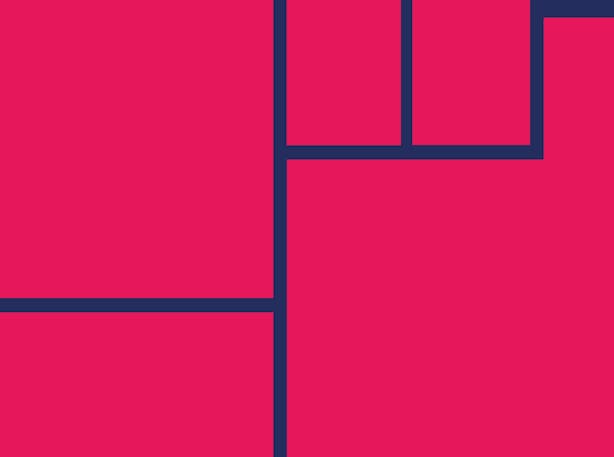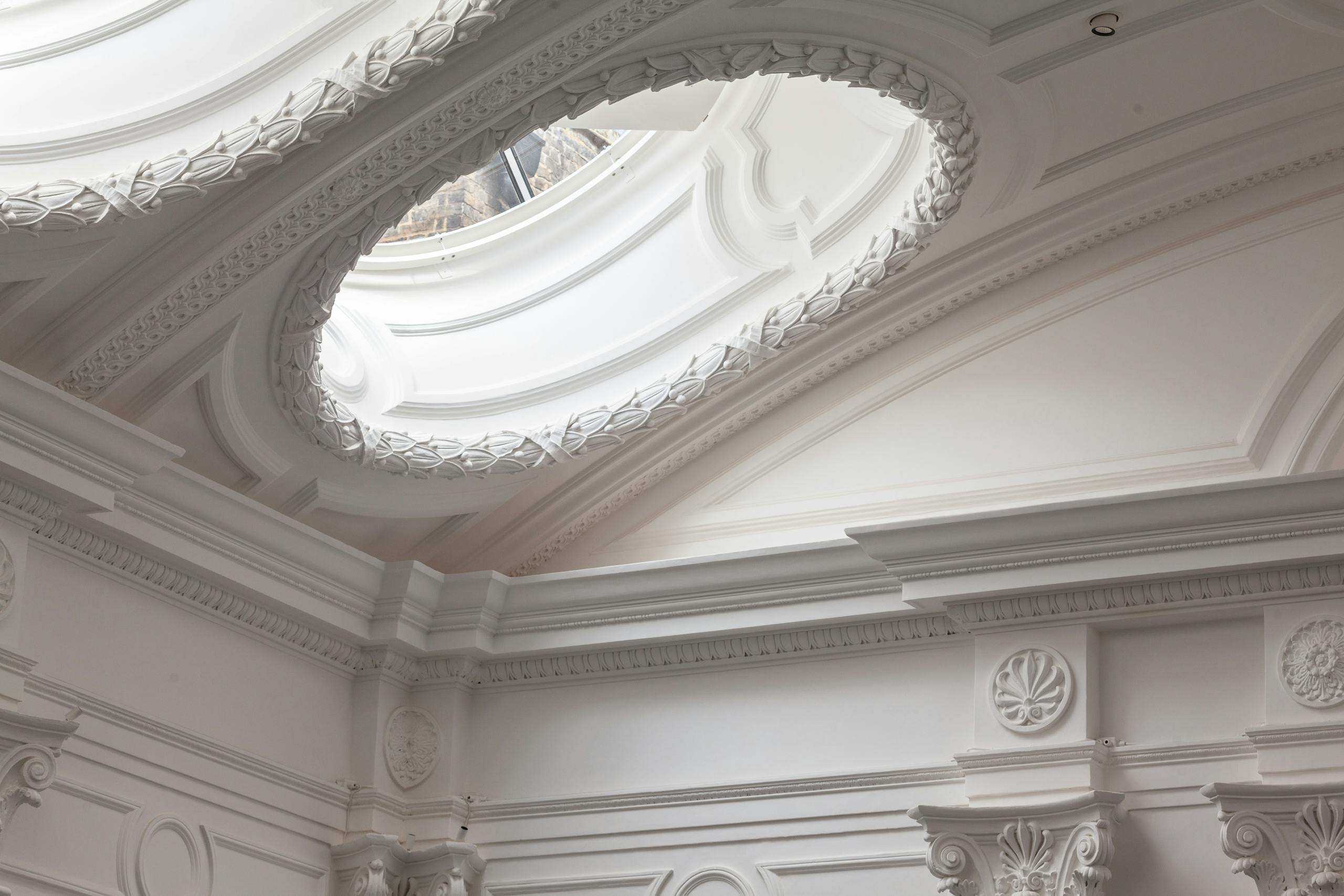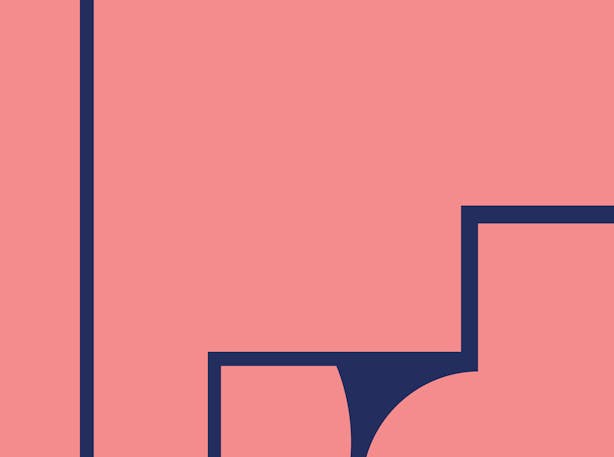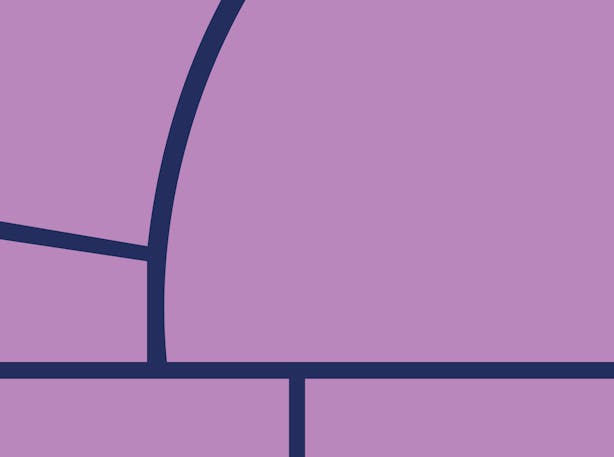

About Us
A brave space for art, culture, and ideas from the Global Majority.
To welcome, to share, to sit together: these are not metaphors for Ibraaz, but foundations.
We are a London-based, UK-registered charity dedicated to art, culture, and ideas from the Global Majority.
An initiative of the Kamel Lazaar Foundation, Ibraaz introduces a new kind of institution — underpinned by care, generosity, and joy, and shaped by artists, thinkers, and cultural practitioners.
Founded in 2011 as an online platform dedicated to visual culture from the Middle East and North Africa, Ibraaz has since evolved to amplify the voices of artists, thinkers, and creatives. Beyond its walls, Ibraaz’s message carries further through its editorial activities, on screen and page.
Our multidisciplinary programme spans film, music, debates, exhibitions, food, prayers, podcasts, playlists, and publications — each a way of holding life in its fullness.
Rooted in the cultural pluralism of our North African origins — and taking its name from the Arabic word meaning ‘to shine a light on’ — Ibraaz is a brave space for debate over dogma, inquiry over assumption, where culture becomes a way of reclaiming our shared humanity.

Kamel Lazaar Foundation
The Kamel Lazaar Foundation (KLF) is a Geneva-based non-profit organisation with deep roots in Tunisia and across the wider Middle East and North Africa.
Founded in 2005 by Kamel Lazaar — a financier, philanthropist, and passionate advocate for culture — the foundation operates from offices in Geneva, Tunis, and London.
KLF advances artistic expression through exhibitions, residencies, education, and international collaborations that expand access to culture and knowledge. While its core focus lies in contemporary visual art, its work increasingly extends to heritage, research, and education — building bridges between local practices and global conversations.
Its key initiatives — including Tilal Utique, B7L9, and Jaou Tunis — reflect KLF’s enduring commitment to fostering dialogue, innovation, and inclusion across borders.

